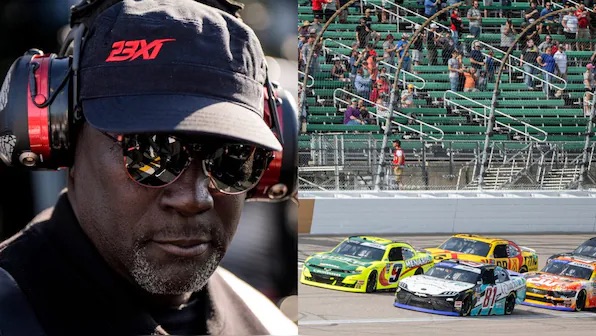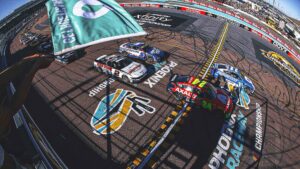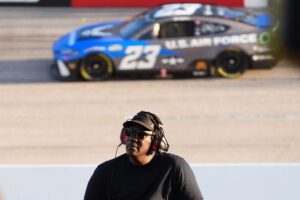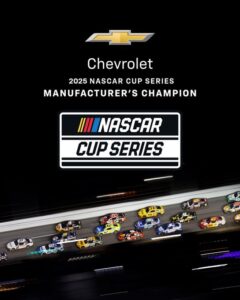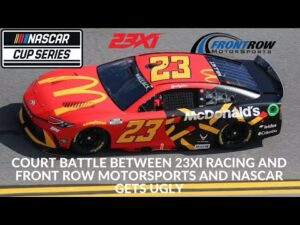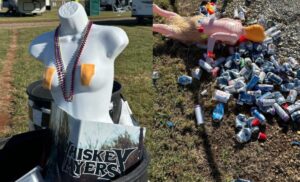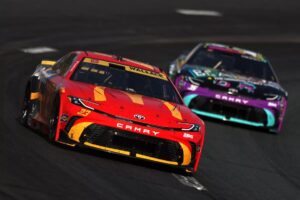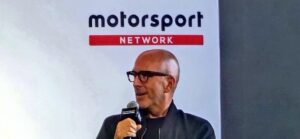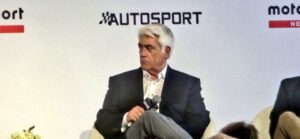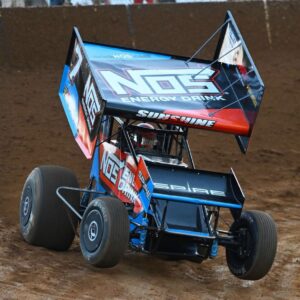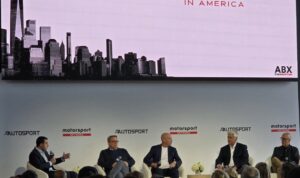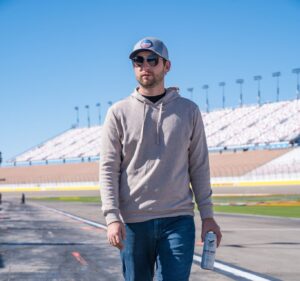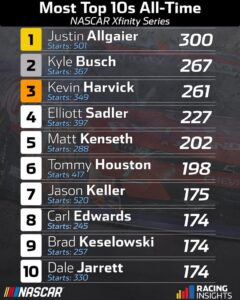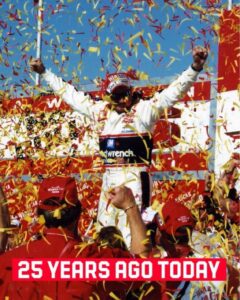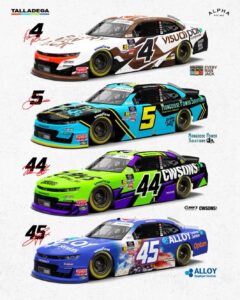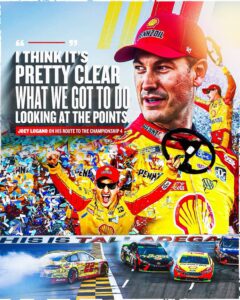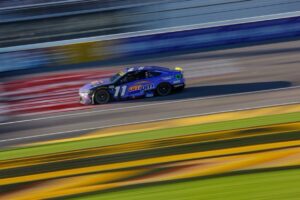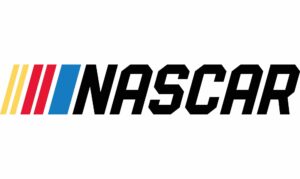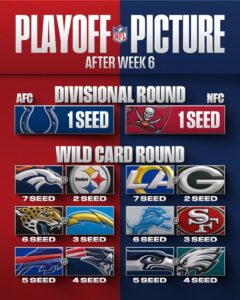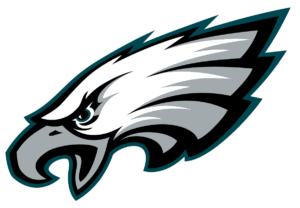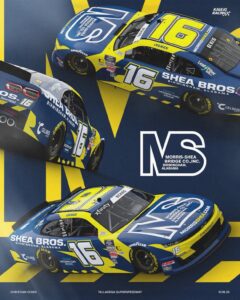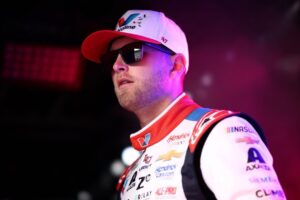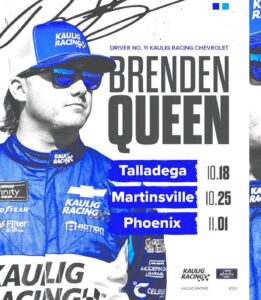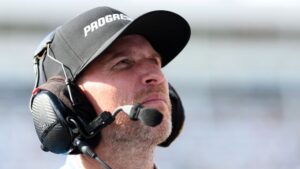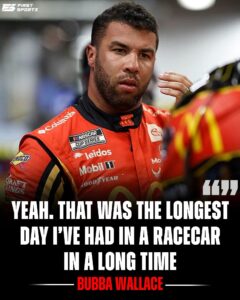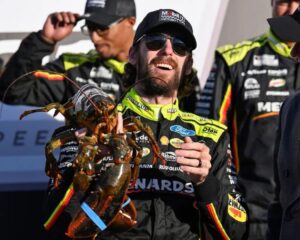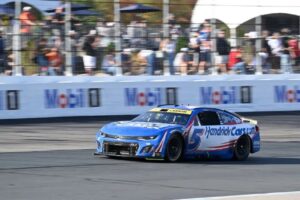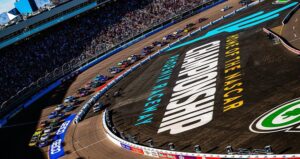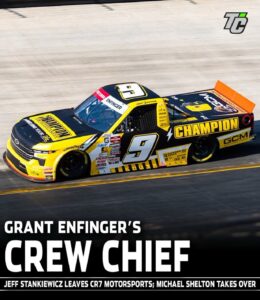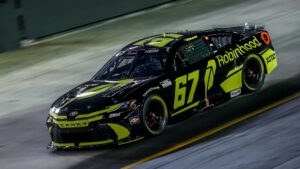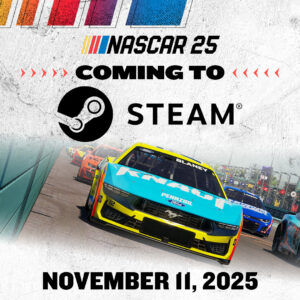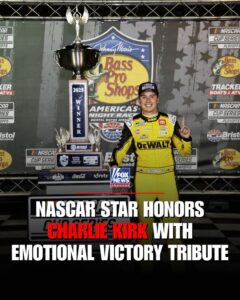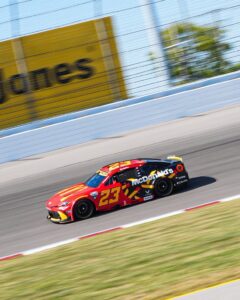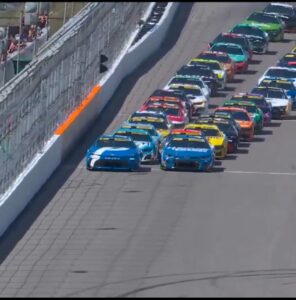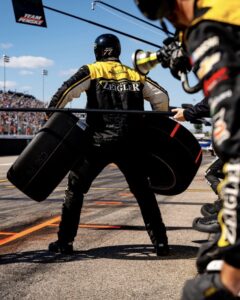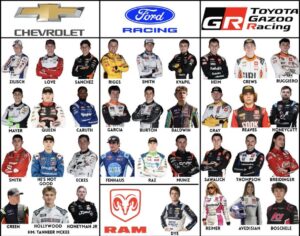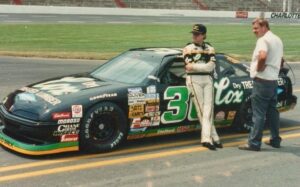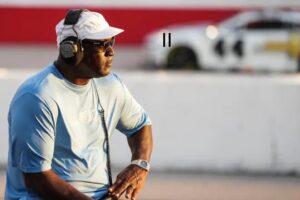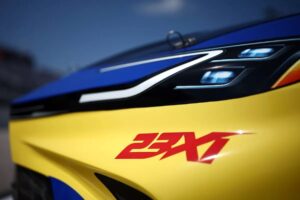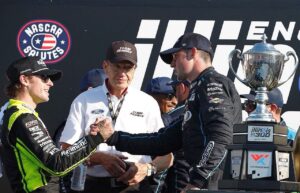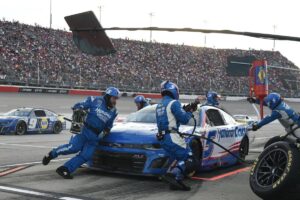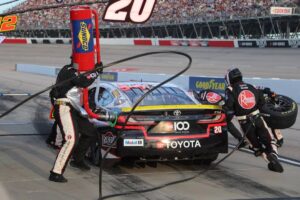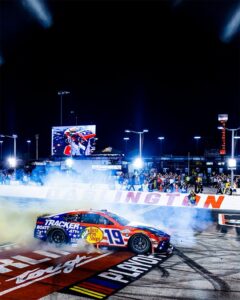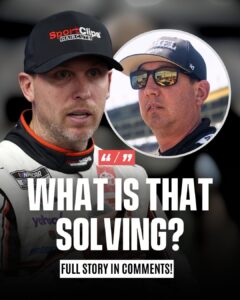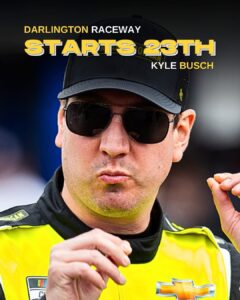Two NASCAR Cup Series teams — 23XI Racing (co-owned by Michael Jordan and Denny Hamlin) and Front Row Motorsports — are embroiled in a major legal dispute with NASCAR over the sport’s charter system and certain business practices.
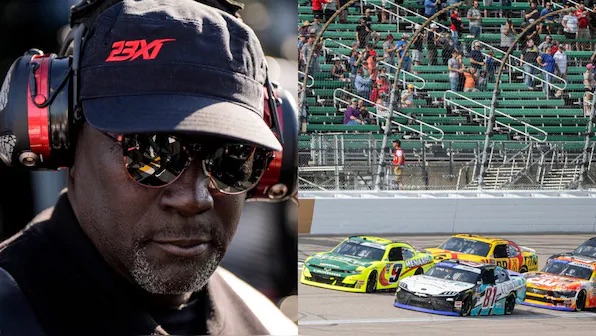
Here are the key points, including the more dramatic “boycott” and restructuring ideas that have come to light:
The Background: Charter System & Claims of Monopolistic Behavior
The charter system in NASCAR, established in 2016, essentially guarantees certain teams a spot in each race (among other benefits, like revenue sharing). In September 2024, NASCAR rolled out new charter agreement terms. Most teams signed them; 23XI and Front Row refused. 23XI and Front Row allege that NASCAR and the France family have engaged in anti-competitive practices — including how charters are awarded and enforced, restrictions on team activities, supplier mandates, and even consolidations (e.g. acquiring tracks and ARCA) that bolster NASCAR’s control.
Recent Court Activity: Injunctions & Orders
The two teams initially won a preliminary injunction that allowed them to be treated as chartered teams during portions of 2025 while the lawsuit proceeds. That ruling was later overturned. Currently, they are competing as “open” teams rather than as chartered teams. Most recently, a federal judge denied their request for another injunction to force NASCAR to recognize them as chartered ahead of next season. Meanwhile, NASCAR has promised not to re-distribute certain charters while the legal case plays out.
The “Extreme Boycott” & Other Alternative Scenarios
One of the more surprising elements revealed as part of court filings / exhibits is that NASCAR had considered some pretty drastic backup plans in case teams didn’t sign the new charter deal. These options are being described as “nuclear” or “extreme,” and include:
NASCAR owning its own fleet of Cup cars (30-36 cars) to maintain the field, if many chartered teams abstained or dropped out. That includes estimates of hundreds of millions of dollars in cost—parts, employees, travel, pit crews, etc. Exploring whether races could proceed using cars from other NASCAR series (Xfinity, Trucks, ARCA) under adjusted performance/aero/engine rules to level the field, if there weren’t enough Cup cars. Listing potential charter buyers outside traditional teams, or even unusual entities (as reported, including non-traditional investors or groups) that might take over or purchase charters.
These ideas seem to have been mostly contingency plans — strategies NASCAR might deploy to preserve the integrity of their schedule, to ensure they have enough cars on track, and maintain revenues/sponsorships, if 23XI / Front Row or others challenged the system via boycott or refusal.
What’s at Stake
Financial stability for teams: Being a chartered team offers guaranteed race starts, a share of revenues, and often more stability in sponsorship. Without charter status, teams risk losing sponsors or driver contracts tied to guaranteed starts. Precedent for how NASCAR governance works: If the lawsuit succeeds, it could force changes in how NASCAR negotiates with teams, how charters are issued, and possibly reduce NASCAR’s ability to control certain aspects of the business (supplier mandates, acquisition of tracks, etc.). Fan and sponsor uncertainty: Things like whether teams will be able to guarantee appearances, whether certain star drivers will stay, and financial health of teams are all in flux. A long legal process means uncertainty for the business side of NASCAR.
What Comes Next
The trial is scheduled for December 1, 2025. That will be the big moment to see which side prevails on the core antitrust claims. Until then, there are ongoing motions and requests (for preliminary injunctions, for example) meant to preserve or restore charter status for 23XI / Front Row during the legal process. NASCAR is maintaining its position: they are defending the charter system, seeking to enforce its agreements, and arguing that the proposed changes from 23XI / Front Row are not appropriate under the current structure.
Why It’s Important
This isn’t just a legal squabble. It could reshape NASCAR’s power dynamics between teams and the sanctioning body, change what it means to “own a charter,” redefine financial risk for teams, and impact how fans, sponsors, and promoters see the stability of the sport.
If you’re a fan, driver, sponsor, or team owner, one takeaway is: change may be coming. How much, and how fast, will depend on how the courts interpret antitrust law in this unique context.
